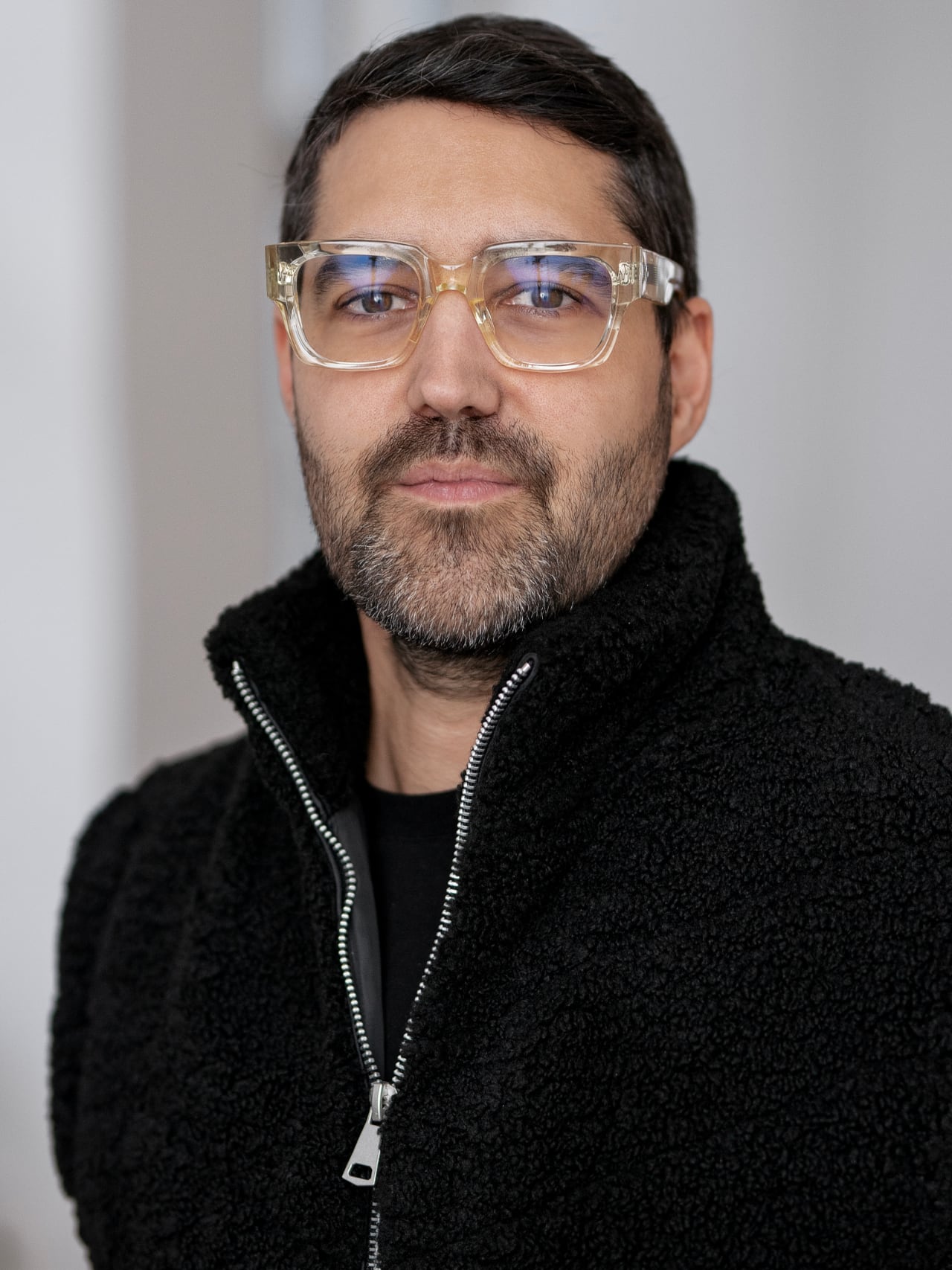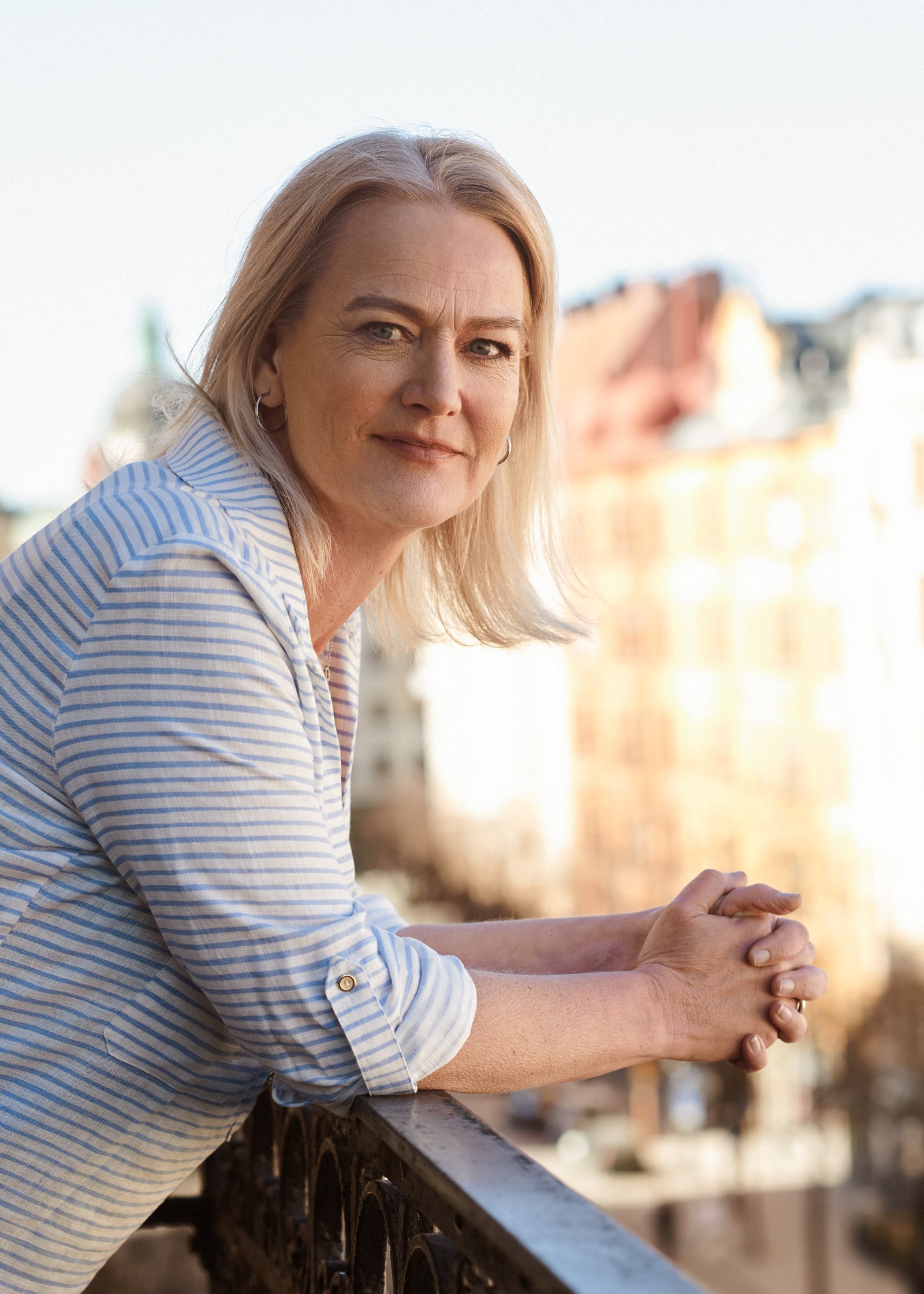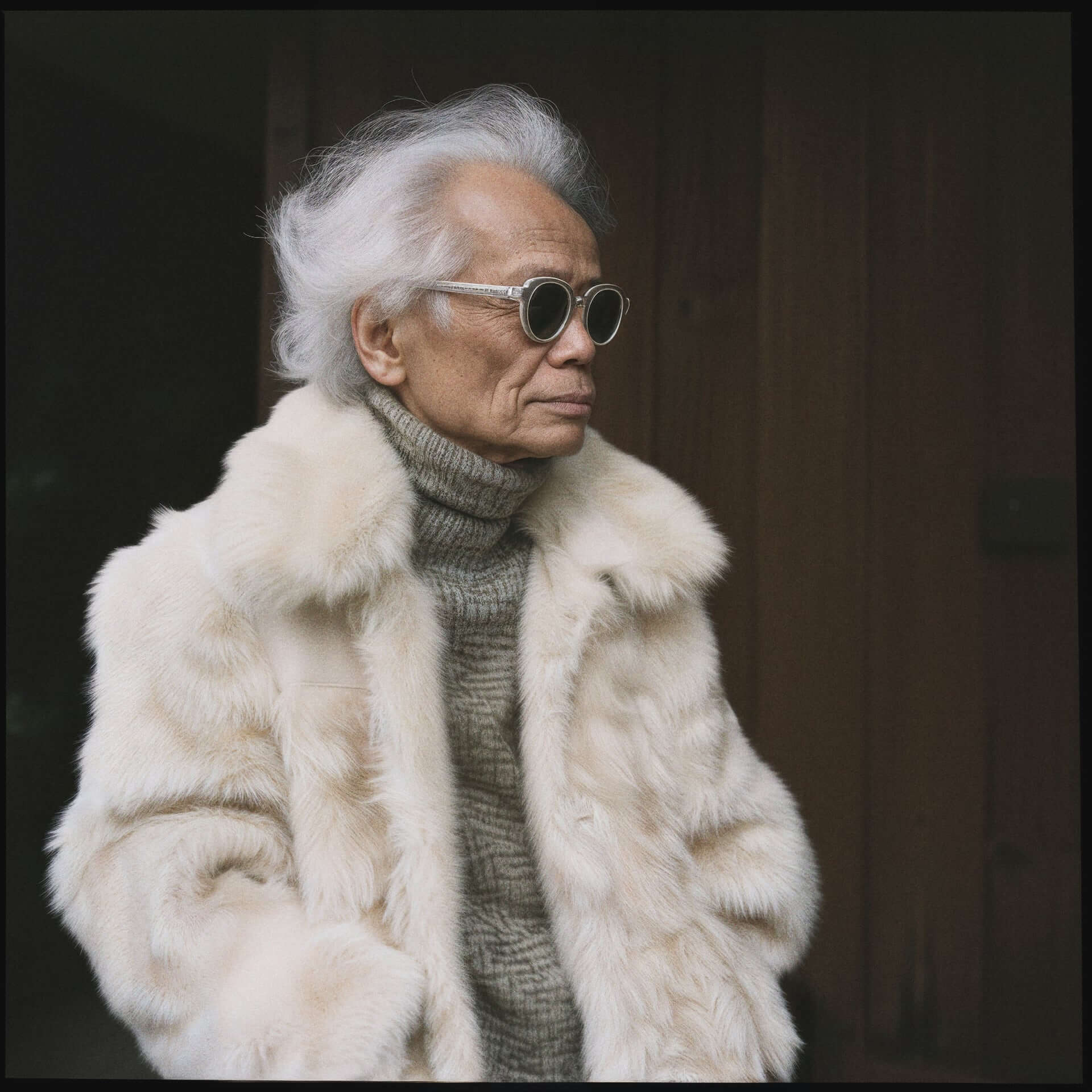Absolut and Copy Magazine helps AI steer away from stereotypes
Absolut and Copy Magazine recently announced that they are working together to challenge entrenched biases that corrupt fashion representation in AI and reshape outdated stereotypes.

Together, Absolut and Copy Magazine, have pushed an AI algorithm across multiple models to create a series of fashion images that question the outdated and damaging stereotypes that have long been perpetuated by society. The images will be available through one of the world’s largest royalty-free stock image websites, Unsplash, and the result will also be featured in the world’s first printed AI fashion magazine, Copy Magazine.
Carl-Axel Wahlström is the Creative Director at Copy LAB and the creative studio behind Copy Magazine. He says that one of the insights that shaped the collaboration was the fact that generative AI only creates content based on the data you provide. When it comes to fashion and beauty, the data or imagery produced so far has been very stereotypical.
“The result is that AI basically only use retouched images of white, blonde, and skinny girls if you ask it to generate an image with a model. The reason is simple: AI only knows what we have taught it so far.”
This is where Absolut and Copy Magazine want to raise awareness and hopefully make a difference. Together, they have processed 10,000 image prompts (i.e. specific instructions for generative AI), which highlight a diverse representation of fashion, culture and identity. By exposing the AI to this dataset, they have generated a collection of images that will help steer AI away from harmful stereotypes.
If we want to generate images that represent the diversity of humans, we also need to show AI what that means
From Absolut’s end, Monica Jungbeck, Director Global Communication at Absolut, has been instrumental in bringing the initiative to life. She says there is an understanding between all parties that this effort is just the beginning of a larger conversation.
However, as a way to amplify the impact, the images will be available for free through Unsplash – a website dedicated to proprietary stock photography. “This provides free access for brands and individuals to use our images and spread the word,” says Monica, continuing, “By taking this proactive approach, Absolut aims to spark dialogue and inspire action towards a more inclusive and equitable future in AI image generation.”
In favour of diversity

Monica explains that an important reason behind this collaboration was the fact that experts have anticipated that within a few years, as much as 90 per cent of internet content could be AI-generated. At the same time, AI also tends to worsen racial and gender disparities, often surpassing those present in the real world.
“Consider the consequences of content produced by these tools. Not only is there a potential for it to amplify stereotypes, but they also regress decades of progress towards equality and representation.”, says Monica.
This is where both Absolut and Carl-Axel could see an opportunity to work together. By making the AI work in favour of diversity and inclusivity, instead of reproducing outdated stereotypes, they can actively shine a light on these issues.
Carl explains his perspective: “AI is not something that will only make things easier and magically shift perspectives. I instead view AI as a new type of camera. What’s important for it to work correctly is to be conscious of what you feed it and what you ask it to generate. If we want to generate images that represent the diversity of humans, we also need to show AI what that means and ask it the right questions.”
“Like raising a child”
In processing thousands of image prompts, the team also learned that telling AI to think differently is not an easy task.
“We had to fail thousands of times before we could strike the right balance. Many of the first images we generated became ‘stereotypically non-stereotypical’ because we hadn’t clearly explained to the AI what we meant by non-stereotypical”.
To clarify how he views this dilemma with using generative AI, Carl-Axel draws a parallel to parenthood: “It’s impossible to think outside the box if no one has explained to you what that concept involves. Without the right data and, perhaps more importantly, without the right direction, AI behaves like a child. It only tells you what it thinks you want to hear.”



A responsible and logical response
In Carl-Axel’s view, the collaboration with Absolut has been a perfect match, crediting the fact that Absolut has always been at the forefront when it comes to diversity and inclusivity within nightlife, fashion, art and culture.
“There are very few brands globally that would have been possible or credible to work with on this project. Absolut has a legacy of being progressive and inclusive, especially when it comes to art, fashion and pop culture. For me, AI is very closely tied to pop culture and can even in itself be seen as an art form.”
Monica agrees that both the topic around challenging biases in AI and the partnership with Copy Magazine is a perfect match for the brand. “At Absolut, our brand ethos is rooted in the concept of mixing – mixing ideas, identities, people, perspectives, and of course drinks. Given this foundation, we feel a deep responsibility to confront bias in AI head-on. By challenging these biases, we aim to contribute to the creation of a more equitable and inclusive technology that positively impacts individuals and communities on a global scale.”
On partnering with Copy Magazine and championing inclusivity in AI led fashion, she adds: “We demonstrate our dedication to pushing boundaries, fostering innovation, and driving meaningful progress in the intersection of technology and culture. Ultimately, this initiative allows Absolut to continue its legacy of standing at the forefront of social change while reaffirming our commitment to creating a more inclusive future for all.”


